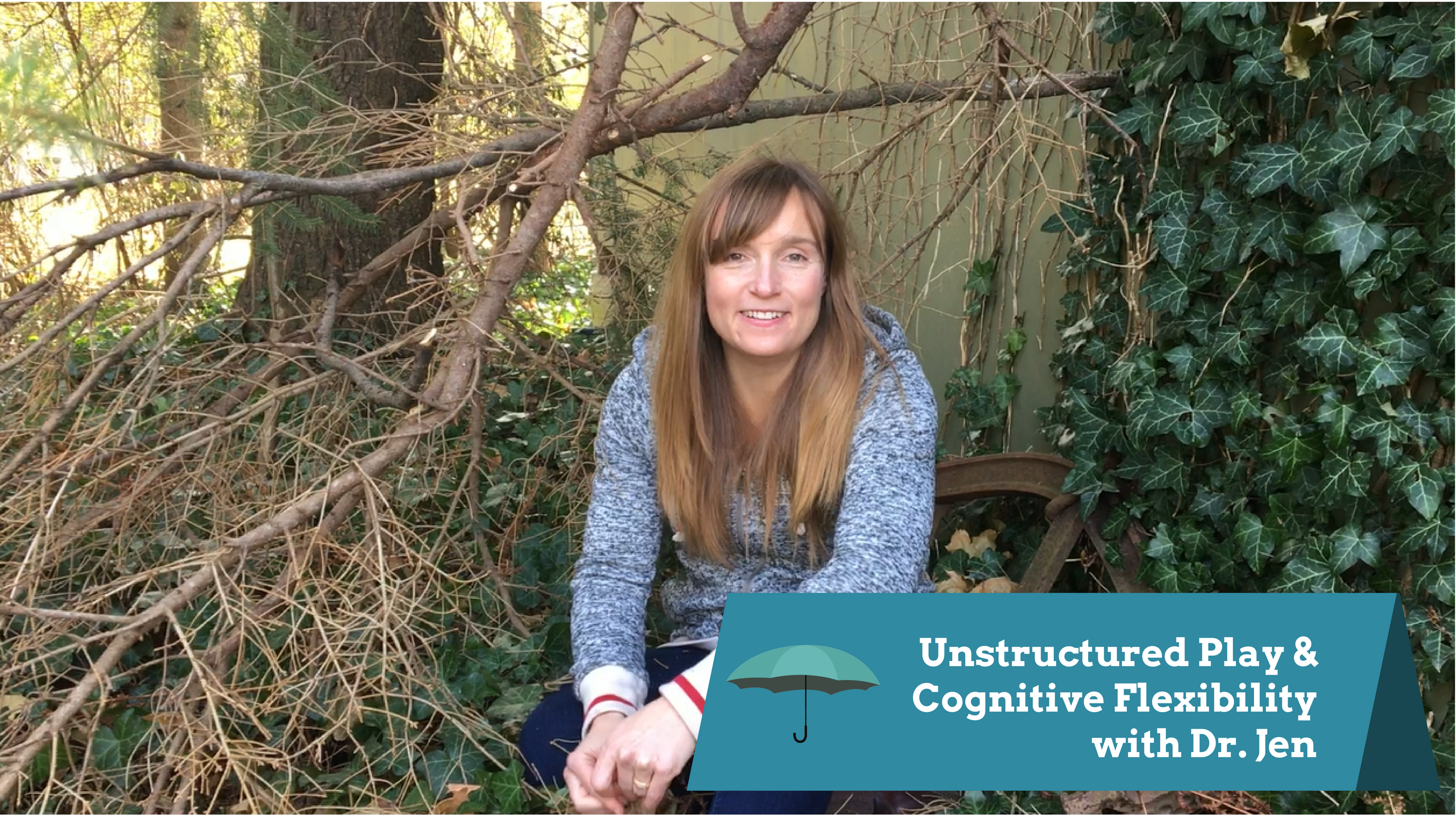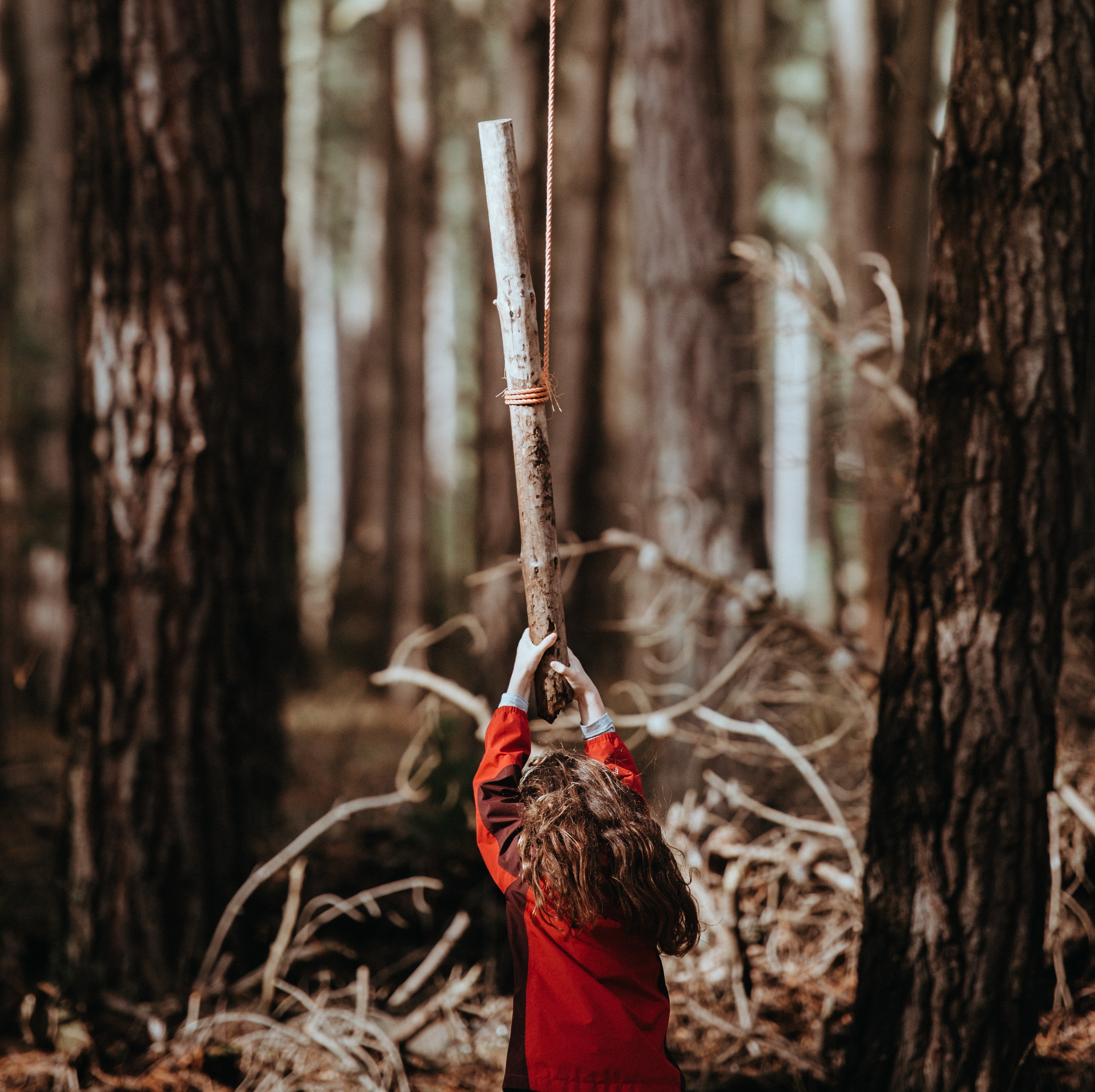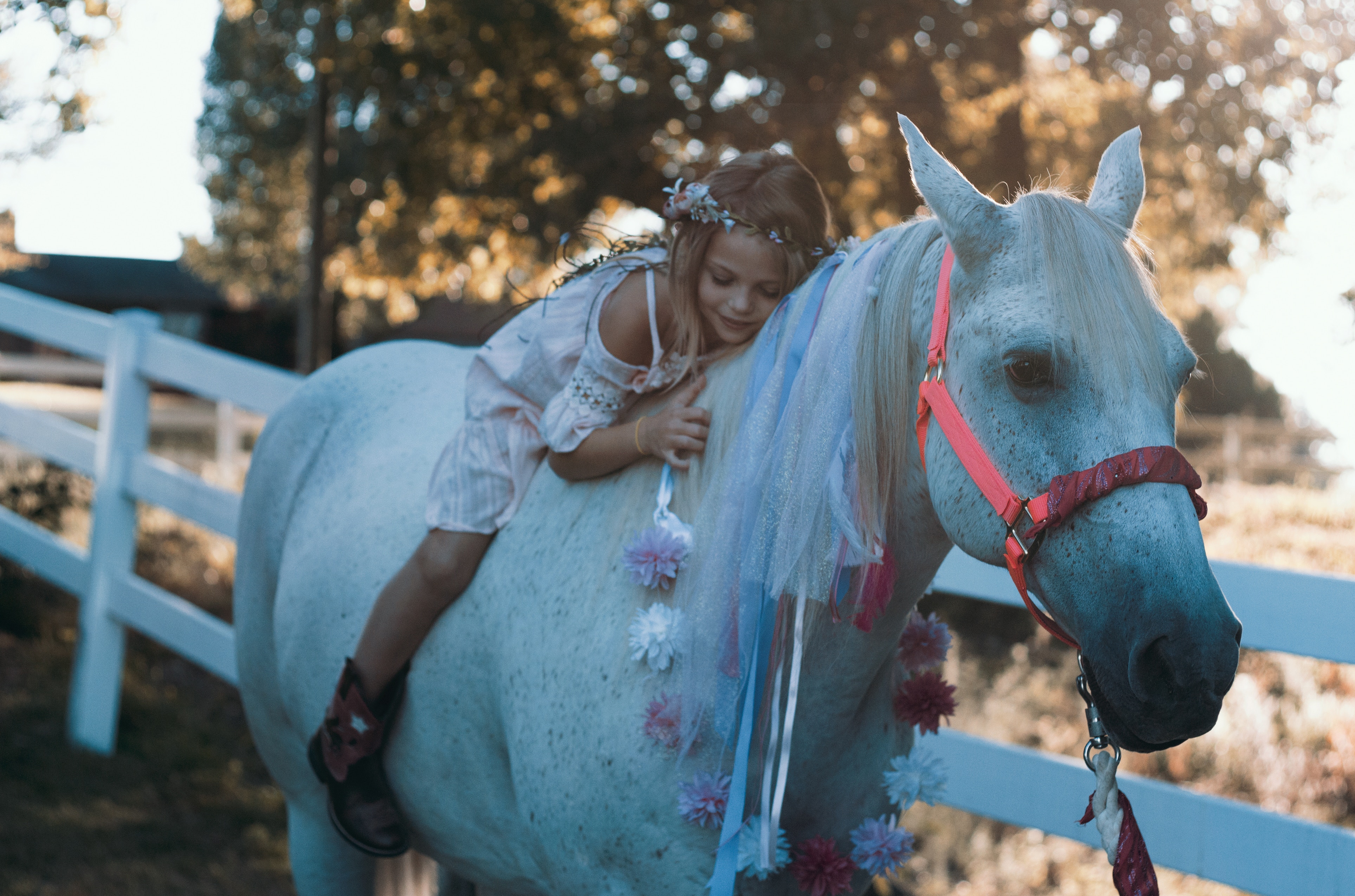
Unstructured Play & Cognitive Flexiblity with Dr. Jen
Click the video below to unmute and hear today’s tip!

Click the video below to unmute and hear today’s tip!

It’s hard to believe that December is here already. We’re excited because this month is all about building a really important and often neglected skill for your child, cognitive flexibility.
Anybody else concerned with the amount of uncertainty that exists for our kid’s future? The world is changing so quickly, making it hard for us to predict what the world will be like for our children when they grow up. What kind of jobs will be available? What skills will they need for those jobs? I can’t give you all the answers, but I can tell you that cognitive flexibility is near the top of this list.
Cognitive flexibility is our ability to change our strategies when we face new and unexpected situations. It’s our brains capacity to make sense of the unfamiliar, to pivot and thrive in uncertainty. It’s important for innovating, coming up with new ideas and solving problems, and is essential to creativity. It also helps us accept and understand people and situations that are different from ours.
Life doesn’t always follow a predictable pattern; cognitive flexibility helps us navigate this uncertainty and feel like we have more options when faced with challenges. As things change around us, we need to change in order to maintain our wellbeing.
This month we can’t wait to walk you through this cool skill and help you find ways to flex this part of your child’s brain.
Featured image by Annie Spratt on Unsplash.

Somewhere, nestled between their ideals of perfection and their fear of failure exists a world where children are thriving. A place where children accept imperfections as normal and even use challenges as an exciting chance to learn and grow. Getting there however can often feel like trying to find a mythical world.
Where to start: Ask your child if they think perfect is normal. Most people disagree with this statement but then go on to classify everything that isn’t perfect as bad, essentially living as if perfection is the normal state of being. This sets them up for a lot of anxiety when they can’t reach these unattainable standards.
Make sure to normalize life’s challenges for kids and continue to remind them that you don’t think perfect is normal and you will see their growth mindset start to take over. Mistakes are an important part of learning and the fear of making mistakes might just be what is holding your child back.
Featured image by Taylor Bryant on Unsplash.

“I wonder what subject will help your brain grow the most this year?” is another way of saying “I wonder what subject will require you to work the hardest this year?”
“Which friend do you think you will build the most coping skills from?” is another version of “Which friend do you think you will have the most challenges with?”
Helping your child see these difficult circumstances as their biggest opportunities will help you create a different story for your child about what difficult situations really mean.
If it’s easy for your child to excel in math, that really isn’t the subject that will help them flex their brain muscle or build the most neutrons in their brain. And it almost certainly won’t help them build the coping skills that will be essential to their future success. We learn through challenges and the more your child understands that, the less these challenges will feel like threats to their wellbeing.
Similarly with relationships, the more similar our perspectives are to someone, the less often we have to try to see the world through their eyes and the less empathy, cognitive flexibility and resilience we build. Likewise with growth mindset, this skill requires putting in effort for the things that are hard for us. If you can get ahead of these challenges and frame them accurately before they even happen you can get your child in a growth mindset frame of mind right from the beginning.
That’s not to say that we should avoid our closest friends or drop out of the subjects that come easy – but understanding the value of our challenges is a great way to engage our kids in all parts of their lives.
Featured image by Annie Spratt on Unsplash.

Add new ideas to build your growth mindset this week!
Growth mindset isn’t only about hard work day after day.
It’s also about adding new information to the way you are doing things, especially for children who are struggling at a particular task. New patterns and ideas can go a long way in helping children succeed at a task and reinforce the idea that using growth mindset works.
Try one of these tips for more successful studying this week. Click here for the Youtube video.